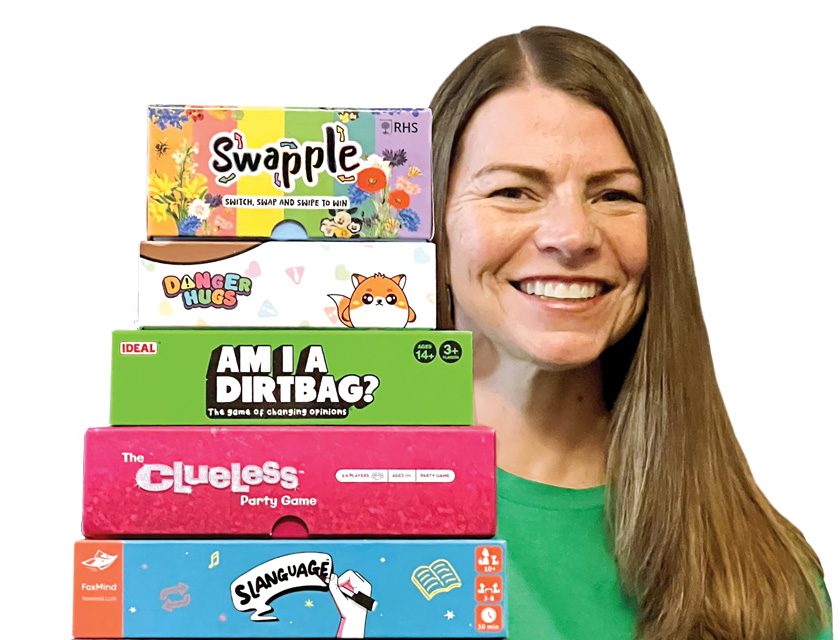
2 Safer Surgery Techniques Highlight 2024 Class
A couple of groundbreaking techniques for safer surgeries were among the top four winners in the 2024 Collegiate Inventors Competition®.
An undergraduate team from the University of Wisconsin-Madison created a process that reduces the risk of unintentional damage in medical treatments, winning the first-place $10,000 prize in that class. An undergraduate team from Johns Hopkins University created a system designed to ensure safer fetal surgeries, earning the runner-up $5,000 prize.
Finalist teams (five undergraduate and five graduate) consisting of 19 students from nine colleges and universities across the United States presented their inventions to a panel of final-round judges composed of the most influential inventors and innovation experts in the nation — National Inventors Hall of Fame® inductees and officials from the USPTO, which sponsors the annual event.
Winners ($10,000 prize): The University of Wisconsin–Madison team of Zach Spears, Molly Paras and Lauren Fitzsimmons (adviser: John P. Puccinelli) won in the undergraduate category for the Nerve Ninja. Their invention enhances safety and efficiency in delicate carpal tunnel release surgeries, in which there can be direct damage to nerves and tissue from surgical instruments that have not progressed in decades.
The Nerve Ninja combines the precision of a scalpel blade with the utility of surgical scissors. Featuring a surgical forceps with a groove along one tine and a scalpel slider housed on top, the invention allows surgeons to safely and easily dissect and cut tissue.
In the graduate category, Massachusetts Institute of Technology student Linzixuan (Rhoda) Zhang (advisers: Robert Langer and Ana Jaklenec) won for Nutrient-Stabilizing Materials. These offer an alternative to conventional methods of fortifying foods with nutrient supplements, which can lead to health and environmental issues. Based on metal-organic frameworks, crystalline compounds consisting of metal ions or clusters chemically bonded with organic molecules, Nutrient-Stabilizing Materials can be incorporated into foods or taken orally as supplements. This also won the 2024 People’s Choice Award and $2,000 prize.
Runners-up ($5,000 prize): The Johns Hopkins University team of Selena Shirkin, Eric McAlexander, Gloria Kalnitskaya and Ayeeshi Poosarla (adviser: Ahmet Baschat) won in the undergraduate category for the FetalCare Port System. It is tailored to the uterine environment, reducing risks of membrane rupture and pre-term births—crucial problems in fetal surgeries. The system’s unique design, with an obturator that allows for more precise cutting through the uterine membrane and a radially expanding port sheath, streamlines the surgical process and improves overall efficiency. The University of Illinois Urbana-Champaign team of Zhuoran Han and Jaekwon Lee (adviser: Can Bayram) won in the graduate category for the Photoconductive Semiconductor Switch that addresses challenges faced by the aging U.S. power grid, transforming it into a more reliable and resilient grid. The diamond-based PCSS technology allows for faster recovery from outages and improves grid stability with rapid switching, high-voltage capabilities and exceptional reliability while reducing reliance on fossil fuels.



